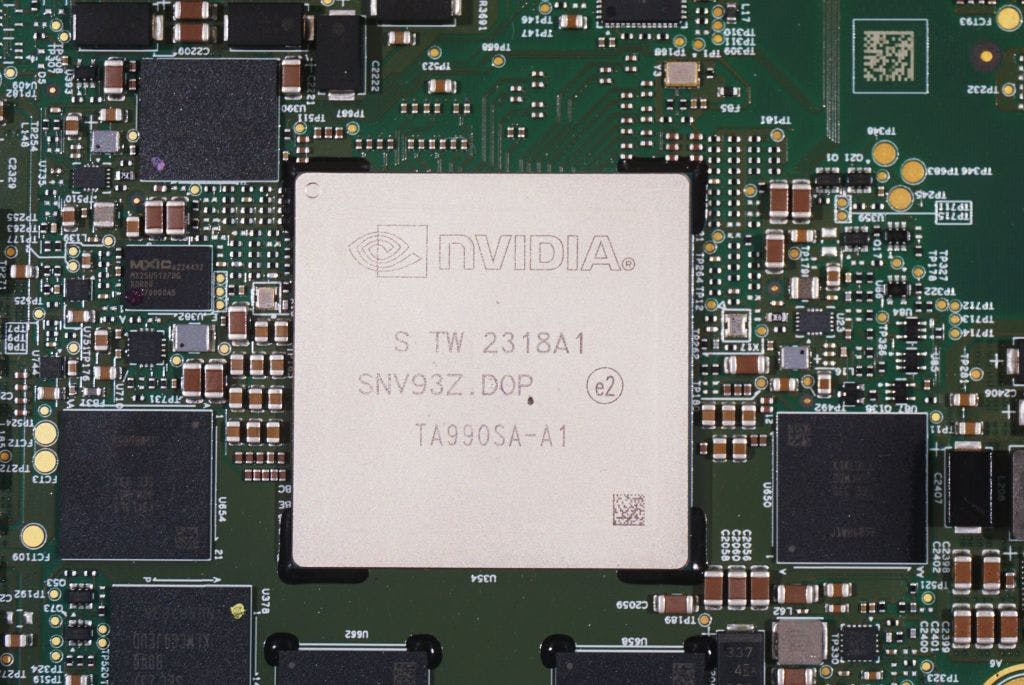According to GIMPS, this is the first time a prime number was not found by an ordinary PC, but rather a “‘cloud supercomputer’ spanning 17 countries” that utilized an Nvidia A100 GPU chip to make the initial diagnosis. The primary architect of this find is Luke Durant, who worked at Nvidia as a software engineer for 11 years



I don’t understand this and therefore it’s stupid and pointless. Fuck you math elitist assholes with your so-called “large” prime numbers spending billions of dollars that could be used to make my life better. I don’t comprehend this at all and there it does not matter. The end.
Yeah, fuck those assholes that pursue science for the benefit of humanity! I do not see why anyone should be allowed to be creative if I do not see the benefit for me in particular.
We need to decide democratically what science is, with everyone getting a fair vote, so wasteful science like this can finally be stopped.
Like voting on which science is right lol?
That’s how we end up with solar roadways…
Much of the basis for the RSA cryptosystem, and by extension much of modern computing, was done by some mathematician who prided himself that his work was not applied mathematics and could not ever be applied in any way (bonus point for being pertinent to the topic of large primes). Science is exploratory work, not a straight path to some predefined goal. The person above is evidently clueless as to how science is conducted.
Yes I’m with you 100% there :-)
Solar freaking roadways
Great satire. This is how you do it, folks.
Now I want to try too: The ultimate form of democracy is when people are voting with their wallets. Then they can have the freedom to express both what they want and how much they want it. That is why profitable = good and freedom, actually.
I think we have already done that and you just disagree with what we have agreed to categorize as science. This shouldn’t stop you from making your own computers and have them do whatever you’d like though.
Because, well…. That’s democracy.
Is this Poe’s law? I genuinely thought this was satire but the downvotes and responses are very serious!
I think it’s satirizing the other guy in these comments.
If Jesus had wanted us to use prime numbers why did he turn the water into wine and not numbers? Checkmate atheists. /s
This is a very dangerous way of thinking. You cannot tell at the time of discovery if specific research will be useful or not down the line. You need to advance the research in all directions, even if some of them seem silly or useless, or else you will handicap your progress in other fields which you didn’t see the connection with at first.
All knowledge is good knowledge
Ohhh, you’ve never gained pandemic weight and then gone shopping for jeans in public and seen yourself in a mirror, have you
Wat?
If you want it to be useful for the economy and industry in order to warrant funding, I’ve got news for you:
The majority of modern encryption relies on prime numbers. It is currently speculated but not known, that the number of prime numbers is infinite.
Should it be proven, that there are only a finite amount of prime numbers, all encryption would become vulnerable.
It is easily provable that there is an infinite number of prime numbers.
Many encryption algorithms rely on the assumption that the factorizations of numbers in prime numbers has an exponential cost and not a polynomial cost (I.e. is a NP problem and not P, and we don’t know if P != NP although many would bet on it). Whether there are infinite prime numbers or not is really irrelevant in the context you are mentioning, because encryption relies on factorizing finite numbers of relatively fixed sizes.
The problem is that for big numbers like n=p*q (where p and q are both prime) it’s expensive to recover p and q given n.
Note that actually more modern ciphers don’t rely on this (like elliptic curve crypto).
There are infinite prime numbers. This has been known for thousands of years. You can find numerous proofs of this online, and go through them until one makes sense to you.
Also, quantum computers are on track to make division-based cryptography useless in the next decade or two. (Note that this only affects public key cryptography, and not shared key cryptography. So your online backups should be safe as long as you have a password for them.)